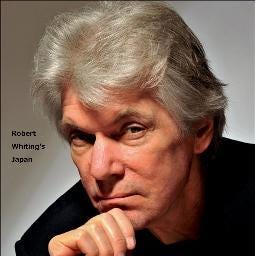Changing times proved challenging for the Foreign Correspondents Club of Japan
Last in a three-part series
TOKYO — In the post-Bubble era, the Club was having its problems. Japan had faded in prominence as China’s economic clout increased, while the corresponding rise of digital media, combined with global stock market meltdown in 2008, proved to be the kiss of death for many FCCJ reporters. A number of organizations chose to downsize or close up their Tokyo bureaus. Among them were Time, Newsweek, U.S. News and World Report, Chicago Tribune, Los Angeles Times and the big TV networks CBS and NBC.
The Club turned more and more to associate memberships — a business model adopted in the 1950’s to strengthen the club’s financial foundations — to pay its bills. Associate Members — who were primarily Japanese businessmen — used the Club as a watering hole to impress their friends and business acquaintances and even managed to be elected to positions on the Board of Directors, once the election rules were changed. The Club sometimes resembled a Japanese izakaya, a kind of Japanese bar or pub, because there were so many Marunouchi salarymen there — including some high-ranking executives with their mistresses. But it remained an exotic place in some respects. The view from the 20th floor Club with the Imperial Palace and the Peninsula Hotel on one side and the Ginza nightscape on the other was still one of the best in the world.
Keep reading with a 7-day free trial
Subscribe to Robert Whiting's Japan to keep reading this post and get 7 days of free access to the full post archives.


